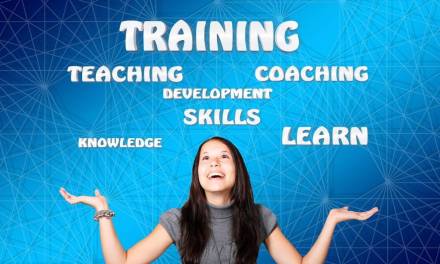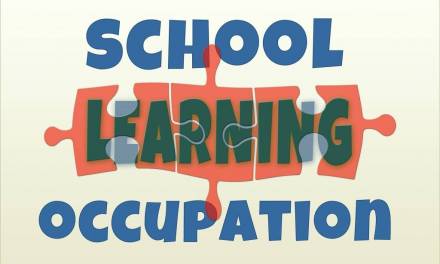Numbers, equations, facts and figures. For many of us a maths-focused career where every day is filled with number-crunching would be far from a welcome prospect.
However, for maths students and for those who are naturally skilled with numbers, the following five career paths can offer rewarding opportunities with excellent career prospects.
1. Accountant
Accountants are front and centre of a company’s operations – they are key to guiding what could be critical commercial decisions.
Not only does this mean that accountants are paid well for their services (attracting an average salary of £28,352, and up to £90,800 for those that progress onto becoming a chartered accountant), it also means that demand is high.
Recent research about FTSE 100 CEOs has shown that although a background in technology is becoming more important, 43% of FTSE 100 CEOs have a background in finance and 19% are qualified Chartered Accountants.
Is Higher Education essential?
Accountants can learn on the job – starting out in a largely administrative position and undertaking their AAT level qualification whilst working, which takes between 6 and 18 months to complete.
2. Stockbroker
As a stockbroker, the task is clear – maximise returns by investing in the right companies, at the right times, and move the investment before share prices fall.
This position attracts a salary that starts at £25,000, plus commission which can range between 15% and 20%; for top level stockbrokers, their base salary will begin at between £100,000 and £150,000.
However, those that enter this world should be prepared – whilst the rewards can be significant, the stress is high, the hours are long, and the clients can be demanding.
As more modern trading approaches are driven by ‘black box’ trading algorithms, maths students with relevant qualifications may find that there are more opportunities in programming the algorithms that drive these automated trading platforms.
Is Higher Education essential?
Not necessarily. Whilst degrees are preferred, some employers will accept applicants with a strong financial and/or programming background.
3. Financial analyst
Analysts drive business growth – advising on whether a certain decision should be taken, or a different direction adopted.
It is their job to collect, evaluate and analyse figures for making solid recommendations. Financial analysts can be tasked with assessing the performance of stocks, bonds and other investments.
They are expected to research current and predicted market conditions, and must be aware of market developments and variables that guide their recommendations.
Is Higher Education essential?
Most businesses will expect a degree-level qualification in a Maths-related discipline.
4. Architect
Architecture may not seem to be an obvious choice for maths students but it is driven by maths – by measurements, proportions and degrees.
As well as an expertise in maths, architects also need to be great problem-solvers, and have creative vision.
Is Higher Education essential?
Yes – you’ll need to complete a university degree from a Royal Institute of British Architects (RIBA) validated course provider and gain further professional qualifications to enter this profession. A minimum of seven years study, including practical experience and postgraduate study.
5. Cryptology
As a cryptologist, the challenge is to encode and decode complex mathematical codes in a bid to develop or improve information security. They could be working on anything from the password protection of hardware, to the development of the latest anti-virus heuristic algorithms.
It is perhaps unsurprising that cryptologists secure an impressive pay packet of £44,500 and upwards, with the top 10% of positions advertising a salary of £78,000 or more.
Is Higher Education essential?
Absolutely – you’ll at least need a maths related degree and for certain positions you may require a cryptology degree.
And, of course, don’t forget that the UK has, for some years now, been critically short of qualified maths teachers. If maths was your passion at school, consider passing on that love of maths to the next generation.










